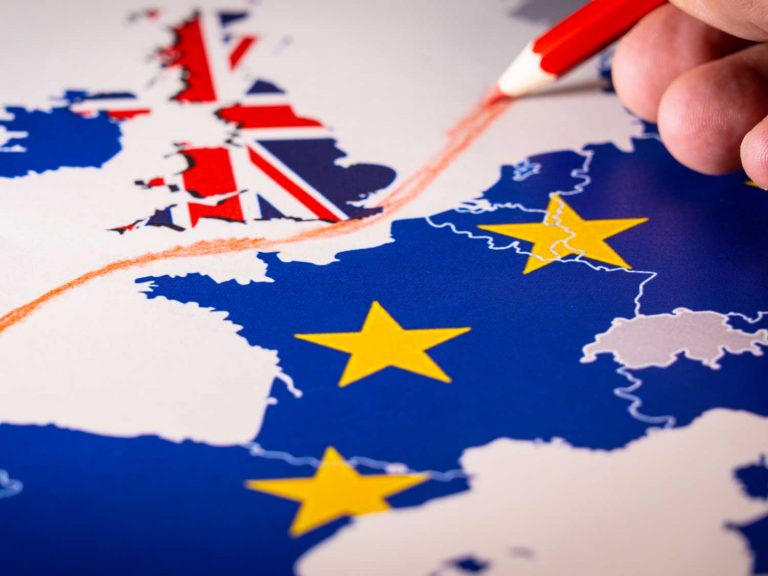
Date:
Shippers risk falling foul of post-Brexit origin rules
Many British companies trading with the EU are still failing to understand the extent of their legal obligations to comply with the origin rules of the EU-UK trade deal and could face disruptive enforcement action by customs authorities, when a ‘grace’ period for UK imports ends on the 1st January 2022.
Under the terms of the Trade and Cooperation Agreement that took effect at the start of the year, EU exporters can send goods to the UK tariff-free, but only if they can prove their products are sufficiently “made in the EU” to qualify for preferential access to the bloc’s single market.
These certification requirements on local content also apply to UK exporters wanting to send goods to the EU without incurring tariffs.
The “rules of origin certification process, was deemed so complex that EU and UK exporters were given a one-year grace period that reduced the required documentation, but this will expire on the 1st January 2022, with many companies facing a paperwork challenge.
UK importers found to have brought in goods tariff-free that are later found not to have complied with the rules of origin must pay full duties, and vice versa.
During the one-year grace period, British and EU companies have been allowed to certify their goods did qualify for zero-tariff access under the rules of origin, without supporting evidence from their suppliers.
Rules of origin and the way “originating content” is calculated vary from one product to another, but typically an item must be about 50% British or EU made in order to qualify for zero-tariff access under the terms of the trade deal.
To date, many British businesses have simply been attaching declarations stating they met the rules of origin to their invoices, even when they have no idea if the product is compliant or not.
Other companies have been working to better understand their origin situation, but with the potential for hundreds and thousands of components and complex and far-reaching tiers of supply, the situation is challenging.
The extent of any disruption from January will depend on how strictly EU and UK customs authorities carry out rules of origin checks. Inspections are expected to increase, particularly on the UK side, with more customs officers in place to ensure accuracy in terms of origin classification, as they will be collecting duty on behalf of the government rather than Brussels as was the case pre-Brexit.
If goods do not meet the rules of origin requirements or, more critically if origin cannot be proven, the importers will need to pay applicable Customs Duty.
The requirement to obtain preferential duty lies with the UK importer, who will need to provide either a statement of origin from the exporter or evidence they obtained about the originating status of the product.
Statement on origin that the product is originating made out by the exporter:
When exporting from the EU a statement of origin can be made out by any exporter where the value of the consignment is under €6,000 (£5,700). Above this, the EU exporter must have a Registered Exporter number (REX) and include it in the statement.
The statement on origin can be provided on any commercial document, describing the product in sufficient detail to enable its identification.
Importer’s knowledge that the product is originating:
‘Importers knowledge’ allows the importer to claim preferential tariff treatment based on evidence in their possession, that they obtained about the originating status of imported products. This evidence may be provided by the exporter or producer and provide evidence that the product qualifies as originating. As the importer is making a claim using their own knowledge, no statement on origin has to be provided by the exporter or producer.
If the UK exporter is subject to a request for verification and cannot provide evidence to show that the goods exported to the EU originate in the UK, the EU importer will be liable to pay the full rate of Customs Duty.
Now available to new customers, our CuDoS customs brokerage platform is optimised continuously, in line with the regimes in force on both sides of the Channel. Automating and submitting customs declarations, CuDoS simplifies compliant border processing, in either direction.
We simplify declaration submission and safeguard our customers EU supply chains from the potential fallout of easement and regime changes, which means that their EU/UK movements will not be interrupted when full UK/EU border controls are implemented on the 1st January 2022.
To discuss your situation and to learn how we automate customs declarations for businesses of all sizes, please contact Elliot Carlile or Grant Liddell who can talk you through the options.
